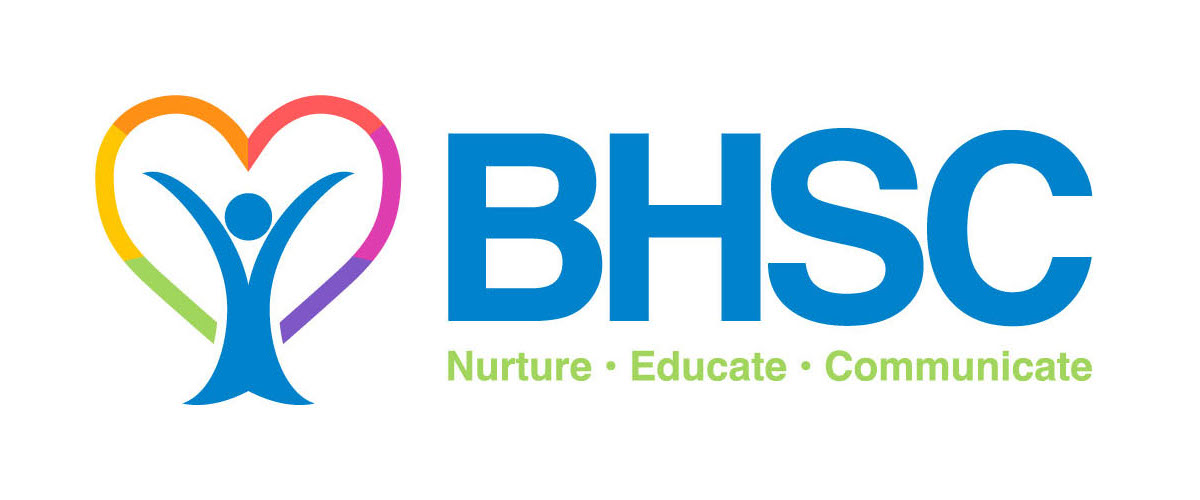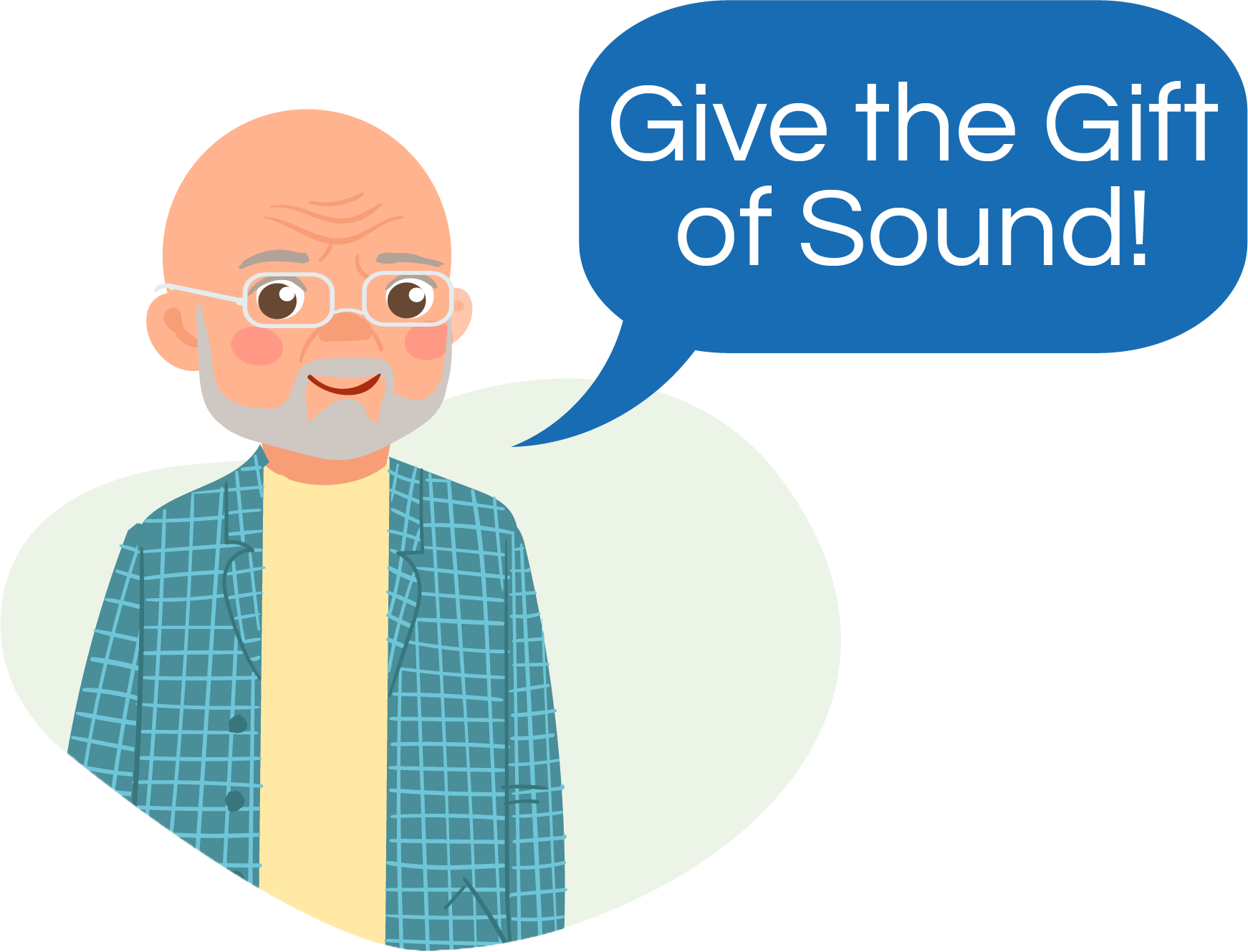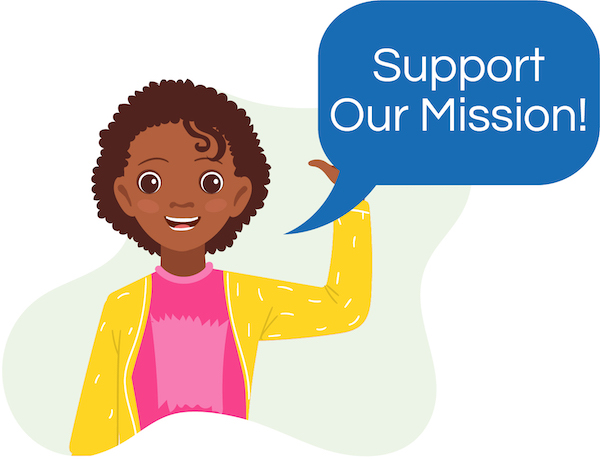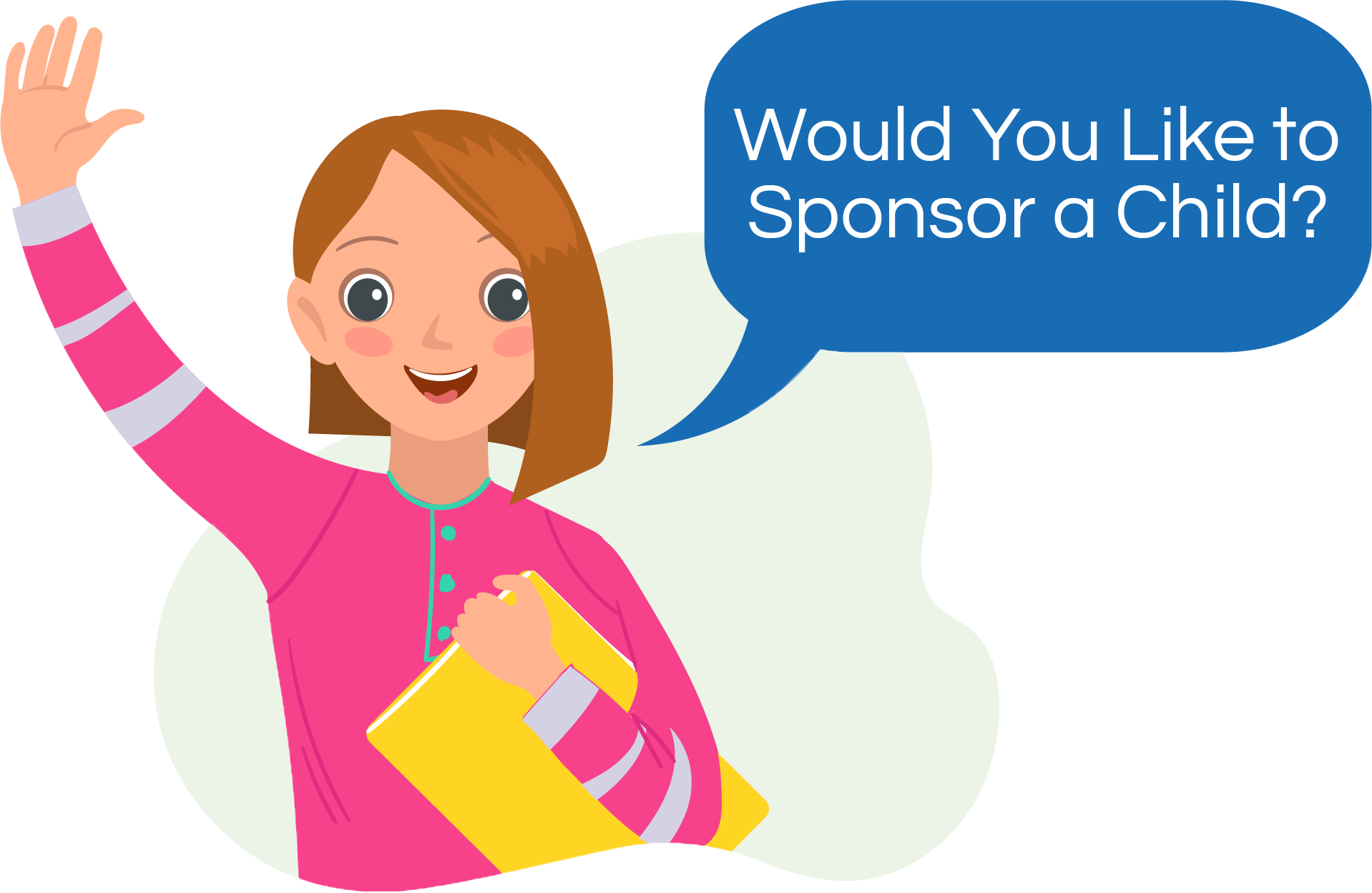A lot has happened over the past couple of years which has impacted the mental health of our children and young people. Most children had to endure a long-term period of COVID disruption with school and social activities. In addition, schools, once considered safe havens for children and teens, are now experiencing more pronounced stress due to school shootings and episodes of in-school violence. If this wasn’t enough to put children on edge, the news and internet today are filled with a daily barrage about the war in Ukraine- and nuclear destruction is now to some extent entering once again into the mindfulness and worries of our children and youth.
Late in the fall of 2021, the American Academy of Pediatrics along with the American Academy of Child and Adolescent Psychiatry and the Children’s Hospital Association declared a national emergency in child and adolescent mental health. We are in the midst of a pediatric mental health crisis. The consequences of COVID and school and internet violence have been tremendous. One of those consequences is that we are seeing alarming amounts of anxiety and depression in our children and teens.
This new mental health epidemic may seem silent, but it is pervasive and cuts across the developmental lifespan of all children and young adults. The impact is generally thought to be even more damaging to children with special needs or who are from low-income families and neighborhoods.
Each day I see our youngest and most vulnerable special needs children being more trauma laden than ever before. I observe these aforementioned impacts on my teenage grandchildren and being involved with a local university I see college students experiencing the impact of these stressors both with academics and with their mental health regulation. Children, teens, and young adults carry hidden scars as mental health and well-being continues to weigh heavily upon them.
Parents, and teachers at every level need to recognize that most children and young adults came out of the COVID pause carrying a level of distress- be it due to academic regression or social immobility and isolation. Also, parents must be cognizant of how much unsupervised time children spent on the computer and the internet. One recent university study suggested that online bullying and shaming increased by over 40% coming out of COVID. Add to this negative childhood reality the fact that they are returning to schools this September 2022 with heightened new procedures and emphasis around school safety. Many children are now experiencing active shooter drills as routinely as they have experienced fire drills in past years.
To put that additional stressor in perspective, a majority of American teens say they are very or somewhat worried about the possibility of a shooting happening at their school – and most parents of teens share that concern, according to new Pew Research Center surveys of teens ages 13 to 17 and parents with children in the same age range.
Children are indeed resilient, but they are not unbreakable. They need understanding, hurdle help, support, and sometimes direct intervention to help them deal with internal struggles around how they feel generally- or if fears, anxiety, depression or trauma begin to affect their routine functioning in any way.
My primary advice for parents is to first take a general approach in trying to tune into their children’s mental health needs, by understanding how stress and upheaval at any time is toxic to children in varying degrees.
I think it’s always best to apply a trauma lens to help understand our children’s reactions to the COVID disruption and violence/bullying that is around them in their schools and social relationships (in person or online).
Understanding in this way is not simply knowing how a child is feeling. A trauma-informed approach is holistic. [What’s] the impact [of trauma] on the brain? On [children’s] emotional development and regulation? [What’s] the impact on their cognition- on their physiological state? On their behavior? On their self-esteem? Trauma impacts the child in ways well beyond just feelings.
Once that level of awareness and understanding is locked in, parents must accept that mental health is just as important as physical health. If a child has a persistent cough or high fever, there is no hesitation for a parent to seek help for their child. But if a child seems sad or irritable, or less interested in activities they used to enjoy, parents may be more likely to think of it as a phase, or teen angst, or something else that can be ignored.
Pay attention and take what you see seriously. If your child is showing signs of anxiety or depression, call their doctor. Don’t put it off. If your child talks about harming themself or others, get help immediately, such as by going to your local emergency room. In this situation, it’s better to overreact than underreact. Create times and places for you and your child to talk and have ongoing check-ins. Listening is the most important ingredient to talk times with your children.
Children today, even very young ones, are too often overscheduled with sports, after school activities, hobbies, music lessons etc. What happens when a parent becomes overscheduled with work and life demands…it increases their stress levels and decreases their coping skills. That same dynamic applies to children as well. Make sure your children have downtime, fun time, personal time to do what they would like to do.
Which leads me to having parents take stock of how much time their children are spending on the internet. One of the things children enjoy these days is being on their devices, which can be fun and connect them to friends, but can also contribute to problems with mental health. Know where your children are ‘virtually hanging out” and with whom and doing what. All the same questions you would likely ask if they wanted to go someplace and be with someone out of the house. Talk to your child about how they use media and monitor it and limit it when you think it may be becoming not healthy for them.
Sleep and exercise impact our mental health. We know from studies that too many children, especially adolescents are sleep deprived. It is an unhealthy prescription to be sleep deprived and sedentary. Gentle nudging will usually work to help get your child moving, It’s even better if you can do things moving together as a family.
Children pay more attention to what parents do than what they say. If you are clearly struggling with your own anxiety or depression, and aren’t doing anything about it, that sends the wrong message to your children. It also makes it hard to be a good parent. Self-care for parents, teachers and other adults in a child’s life is a potent weapon in helping us combat the silent epidemic of childhood and adolescent mental health.
The effects of prolonged educational disruption and psychological stressors on learning and mental health cannot be ignored with children, youth, and young adults. Ensuring that all children/students have access to additional educational and mental health resources must be an important public health priority, met with appropriate funding and workforce augmentation in schools, clinics, and community-based organizations. If we take care of each other and ourselves, we can weather this storm and make living life a more physically and mentally healthy possibility for all children.
Be well, Joe Cozzo




